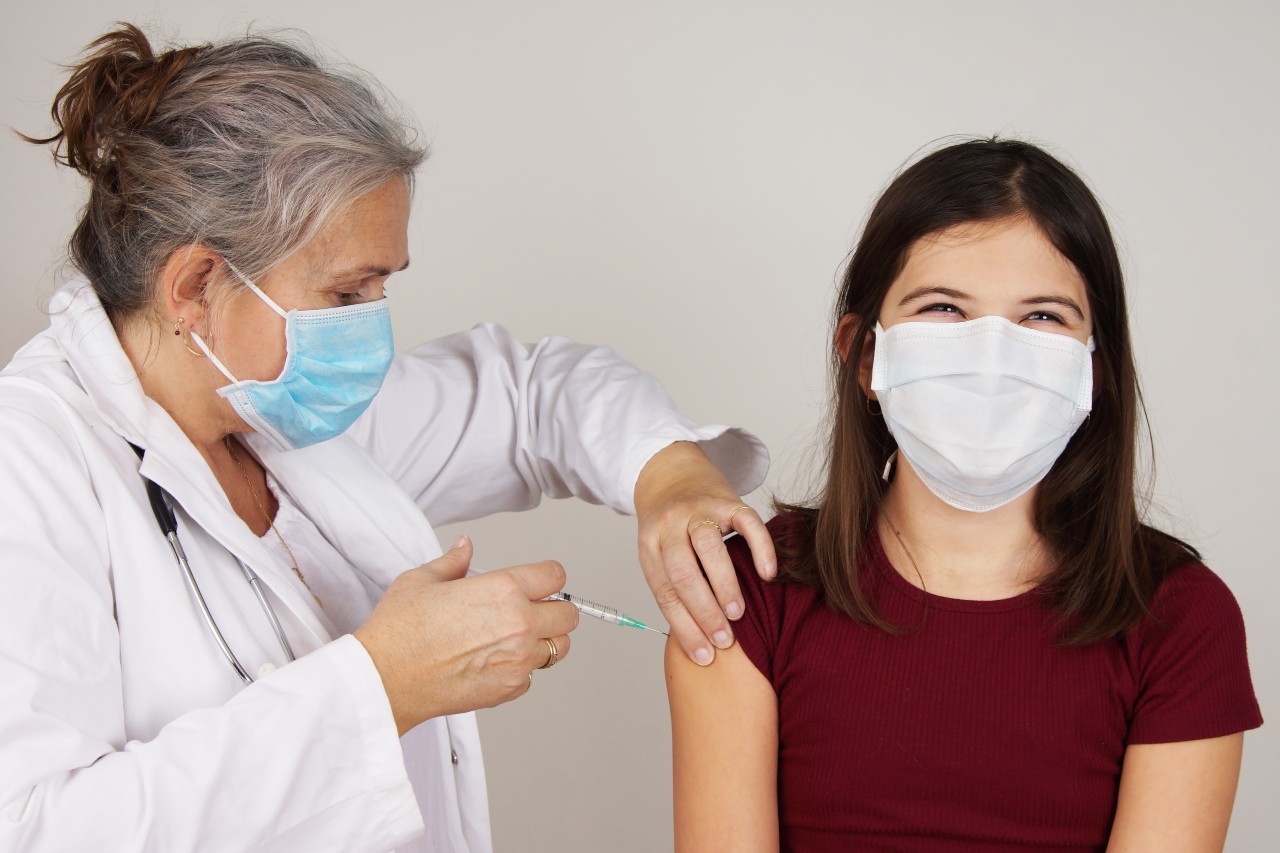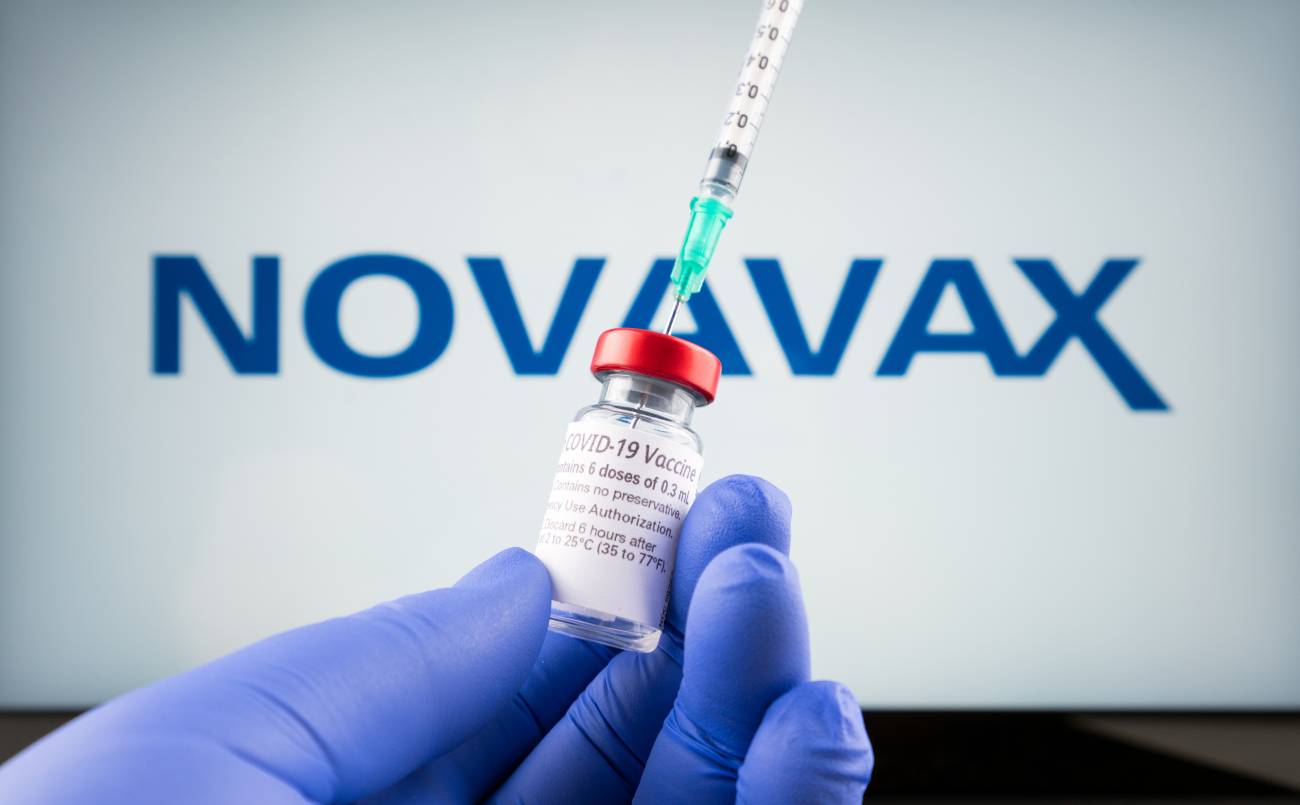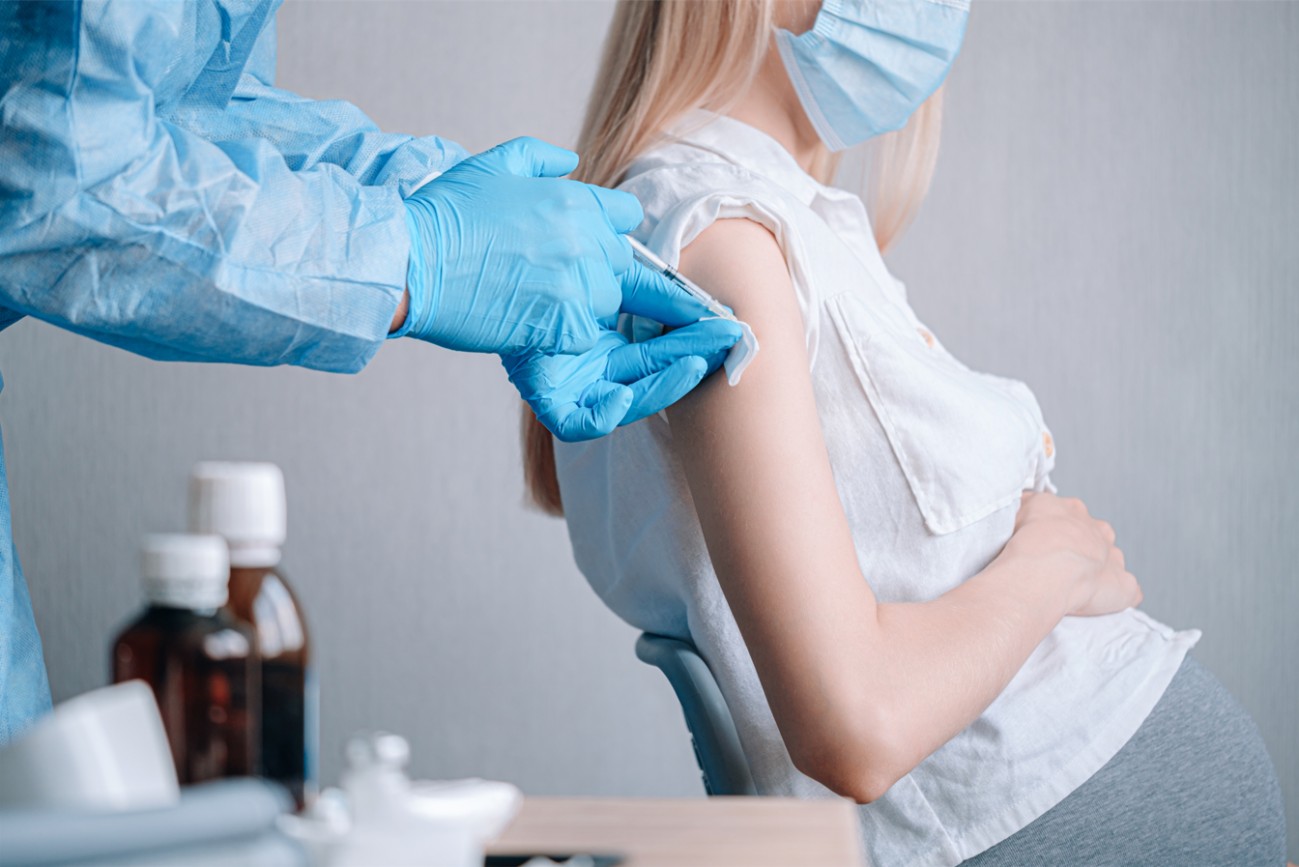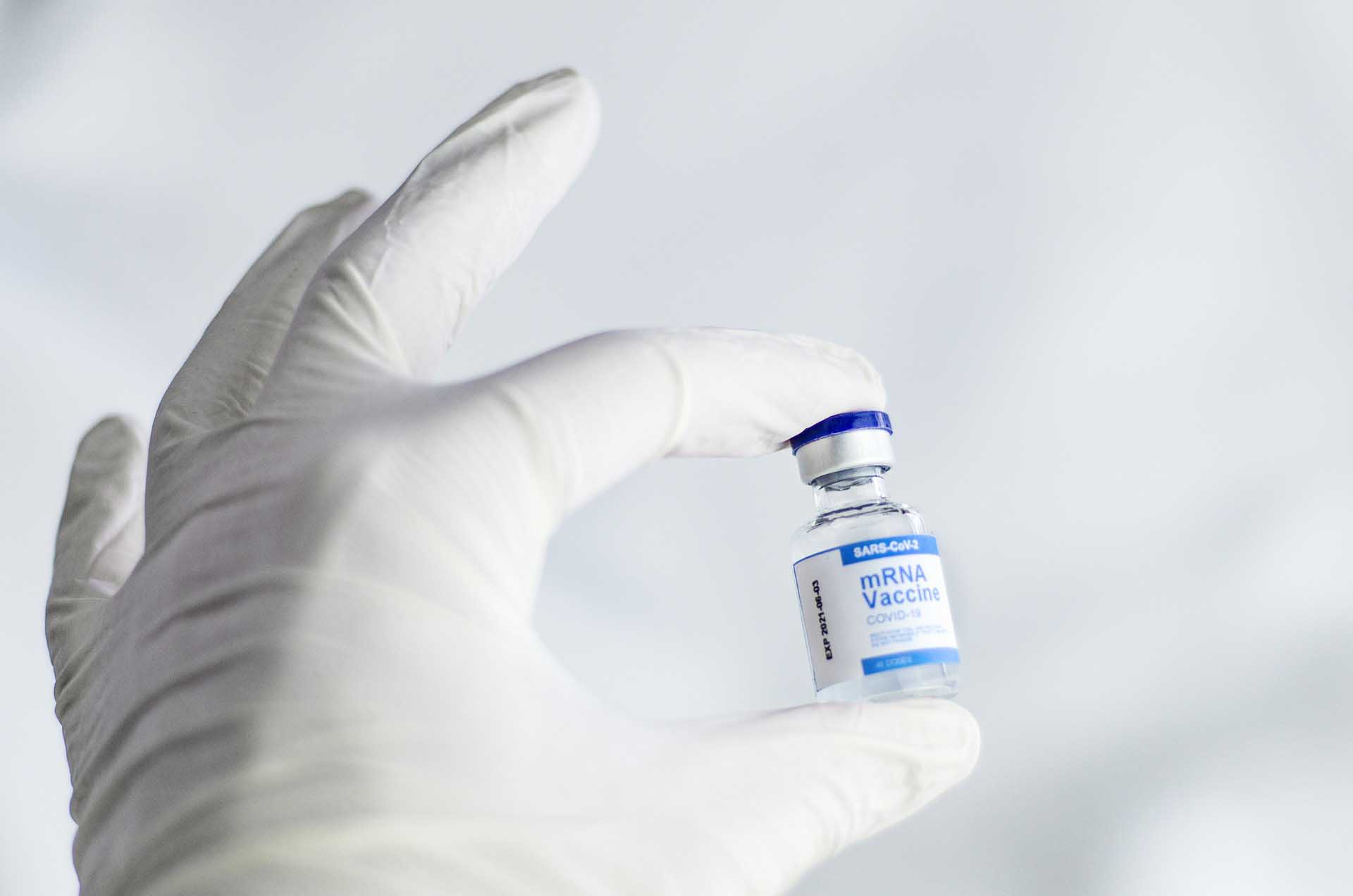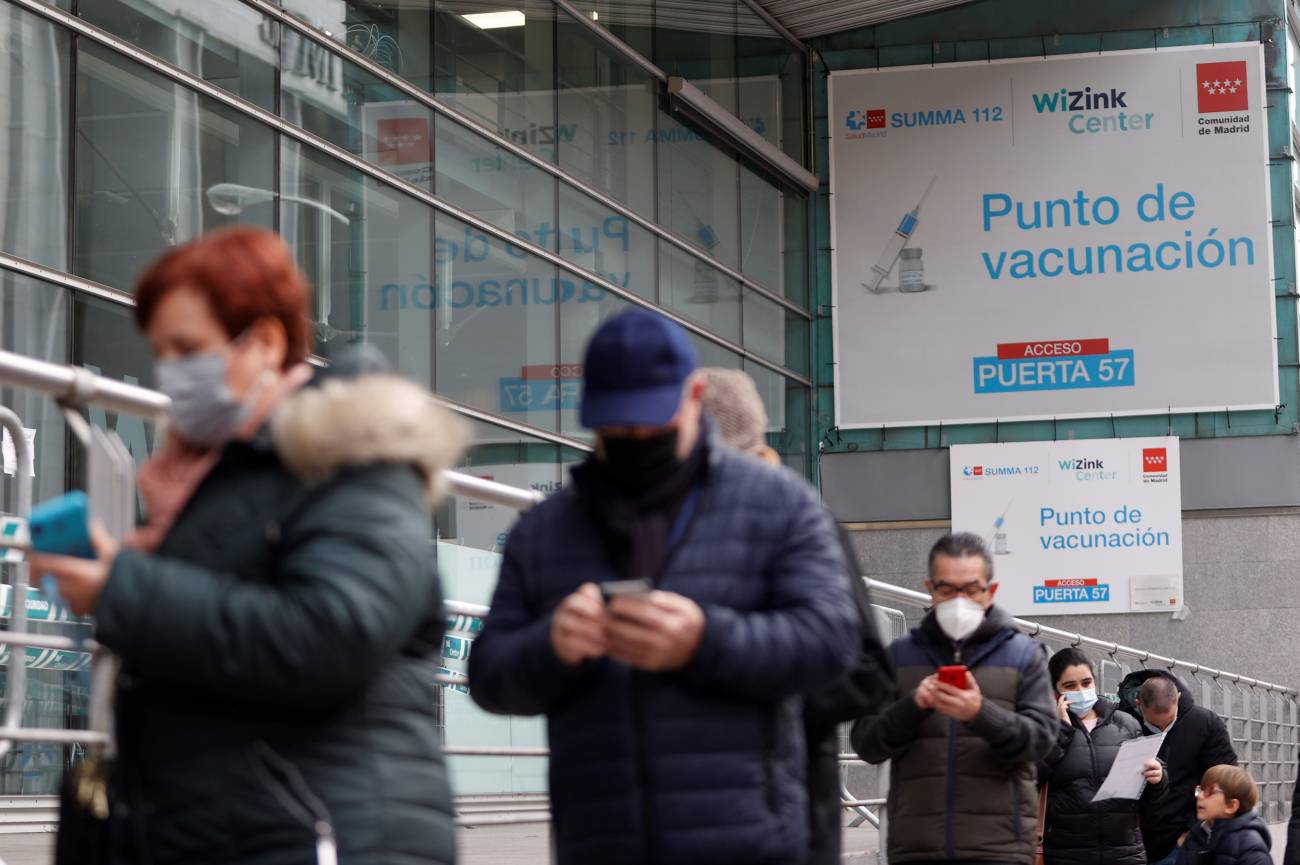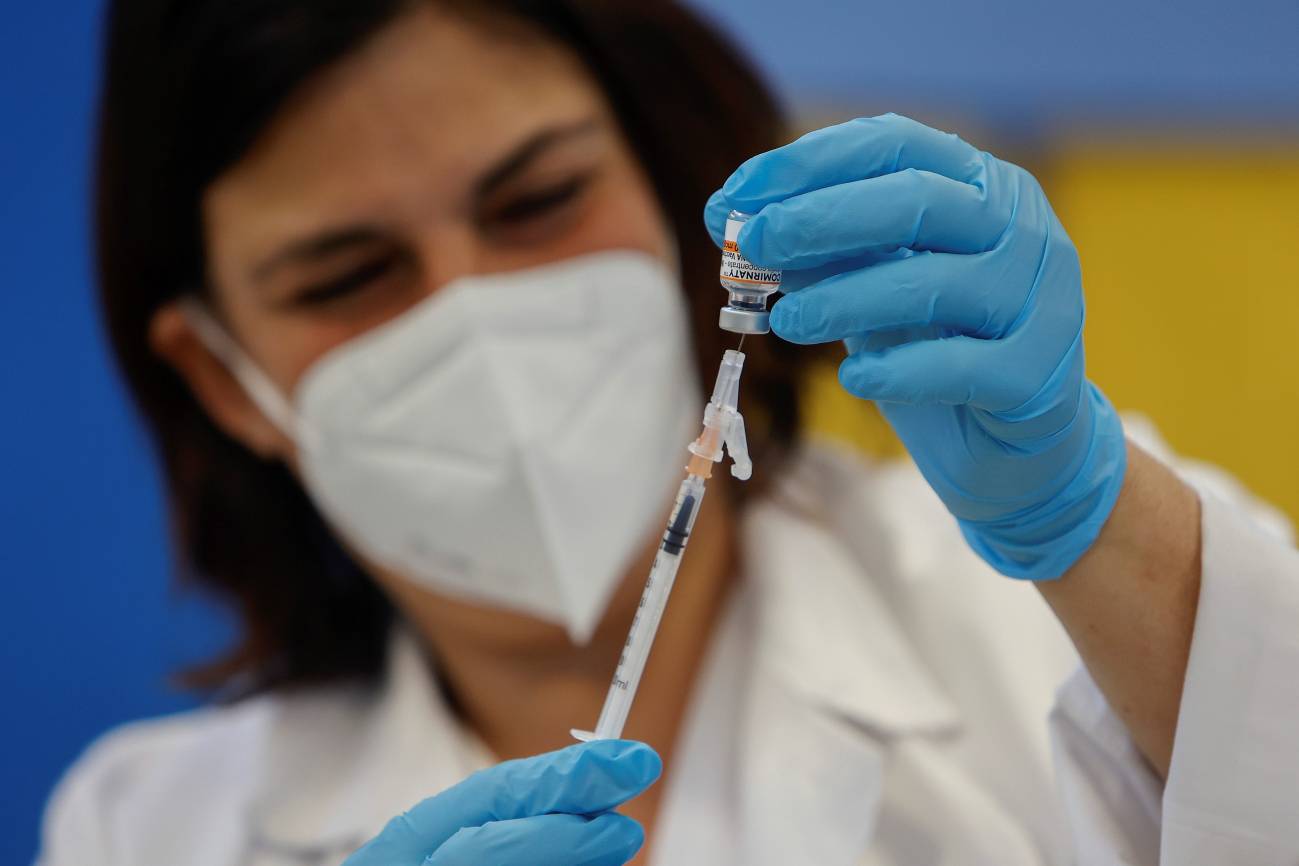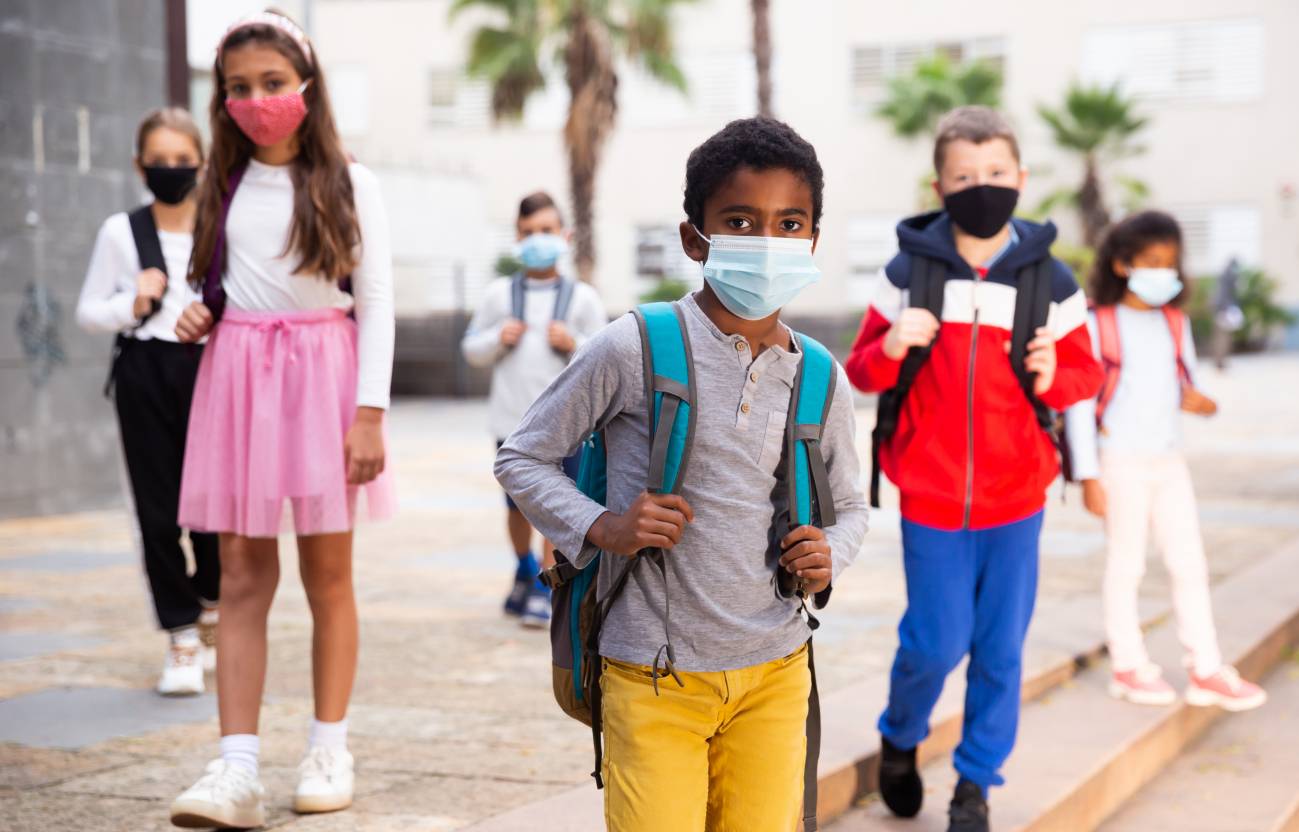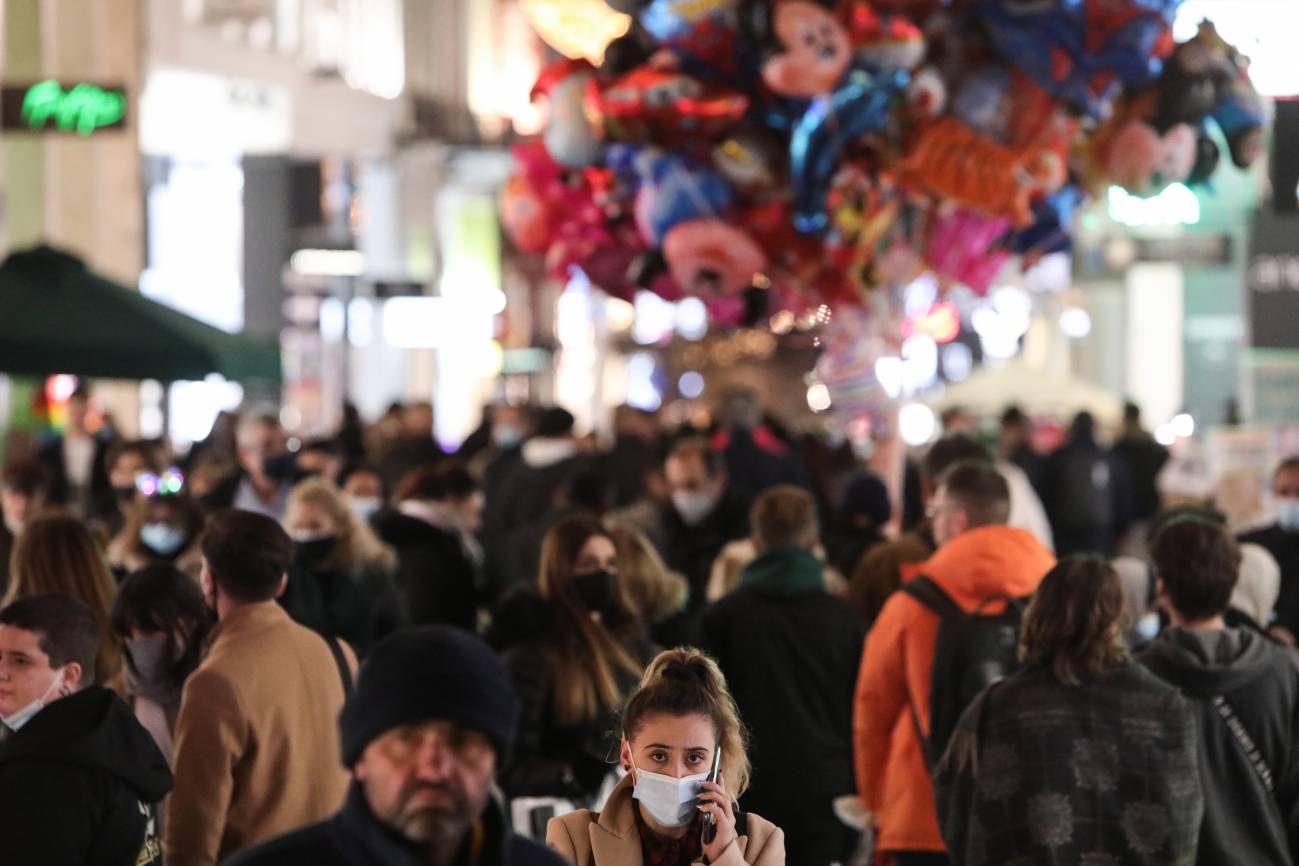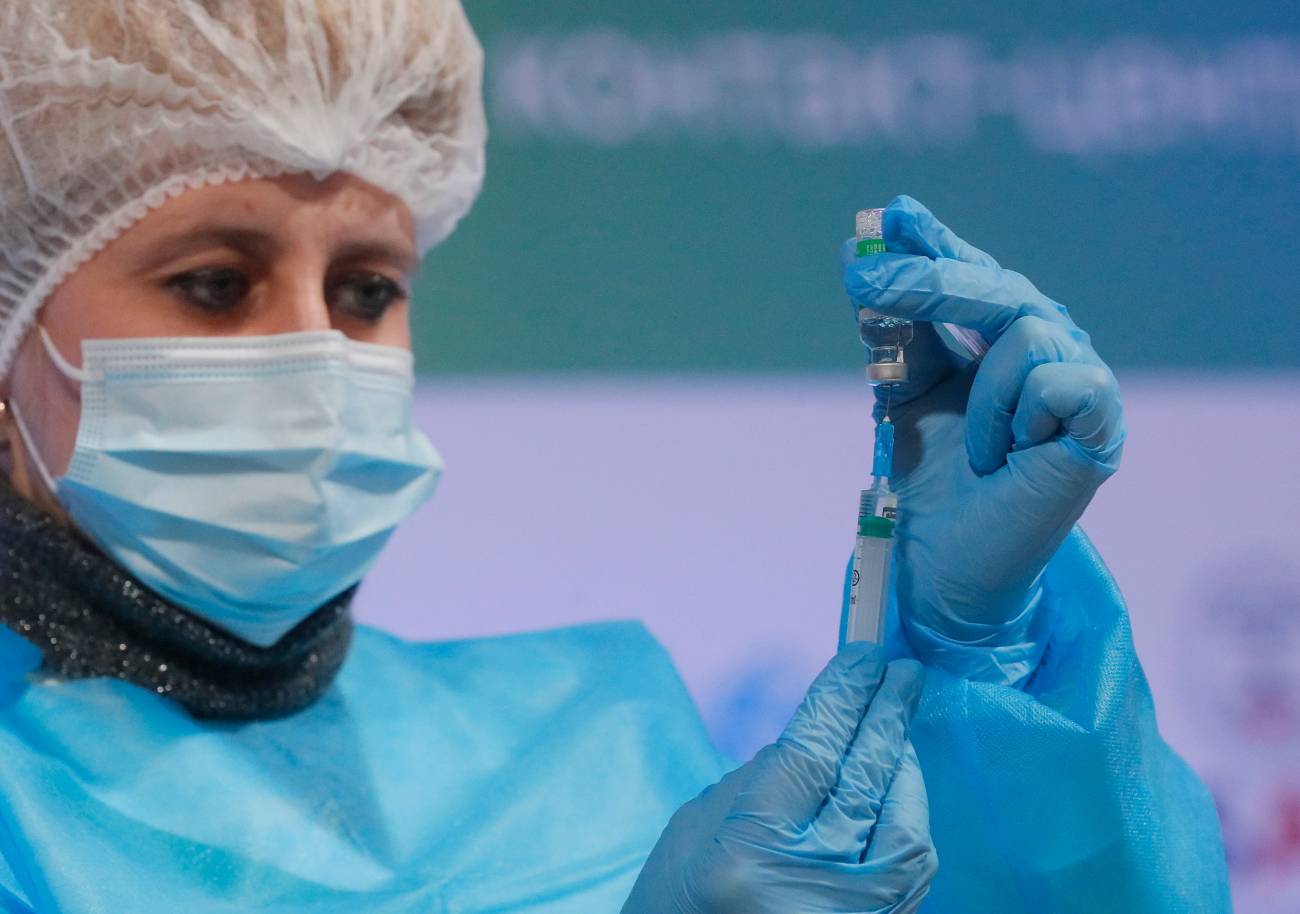Key concepts for reporting on vaccines
Reporting on vaccines is not easy, but in recent years many journalists have had to navigate studies and reports full of new terminology and concepts. In this guide, we attempt to clarify some of the most important points for accurate reporting on these medicines.
